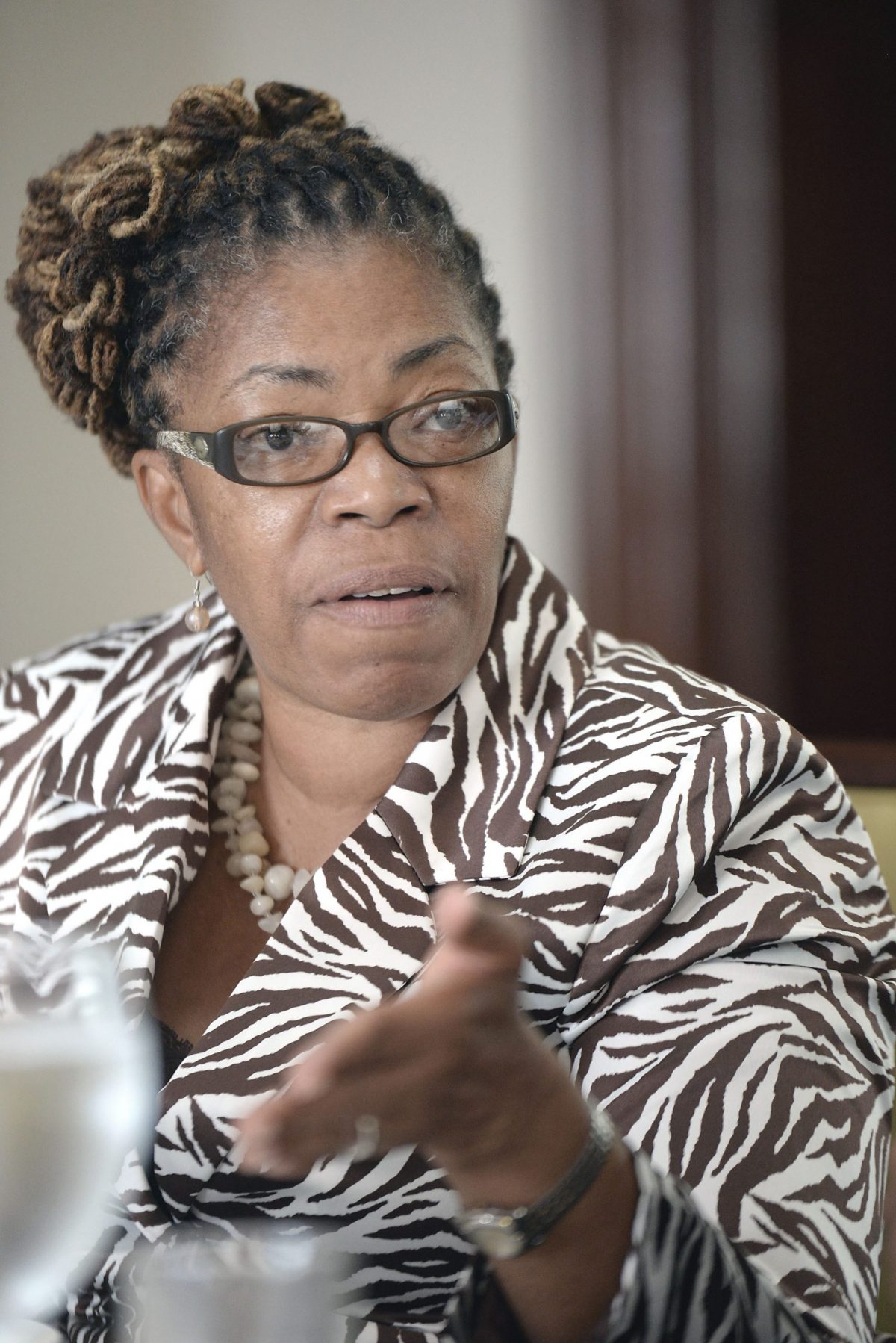(Jamaica Gleaner) Andrea Campbell, portfolio director of the health promotion and prevention unit at the National Family Planning Board, says the islandwide nightly curfews and stay-at-home orders implemented under COVID-19 could produce an alarming increase in the number of unplanned children in the next 12 months.
Since March 10, Jamaicans have been observing social and physical distancing, wearing of masks in public places, and staying at home as part of measures implemented by the Government to manage the spread of the COVID-19 virus.
“Anecdotally, yes, we could be expecting to see an increase in the birth rate within the next year because persons are required to stay home,” Campbell said.
She supported her theory with data from the Jamaica Survey of Living Conditions, which showed that 47 per cent of all Jamaican households are headed by women, who, according to her, are normally employed in the lower socio-economy.
“With the downturn in employment, you will find that some of those women who would be employed in the lower socio-economy … they might be hustlers, as we call them … you will find that they tend to stay home more, and depend on their partner. Staying in close spaces, more persons will engage in sex,” Campbell explained.
She said the increases in unplanned pregnancies are even more likely now that more people are not negotiating the use of condoms, and the fact that some persons are now experiencing COVID-19 quarantines.
“For persons in the quarantine areas, you will find that they are not able to access the health services to get their contraceptive and so there might be an increase in unplanned pregnancy,” said Campbell.
“Even before COVID, we were having challenges with condom negotiation … persons weren’t able to negotiate condom use. This now [COVID-19] has made it even more difficult. They are not able to negotiate condom use, so there might be little or no condom use,” added Campbell.
Dr Beverly Scott, family therapist and chief executive officer of the Family and Parenting Centre, has endorsed the notion that the country could become populated by several unplanned children, propelled by the economic hardship that the pandemic has caused on the local economy.
“People sleep late and they are more relaxed, and when you are more relaxed, you get pregnant easier,” Scott told The Gleaner.
“We could more see children that are unplanned for. People are at home, they’re not hurrying to go to work; they’re not hurrying to get out of bed. Nine months after this, you might have more children being born,” the family therapist added.

